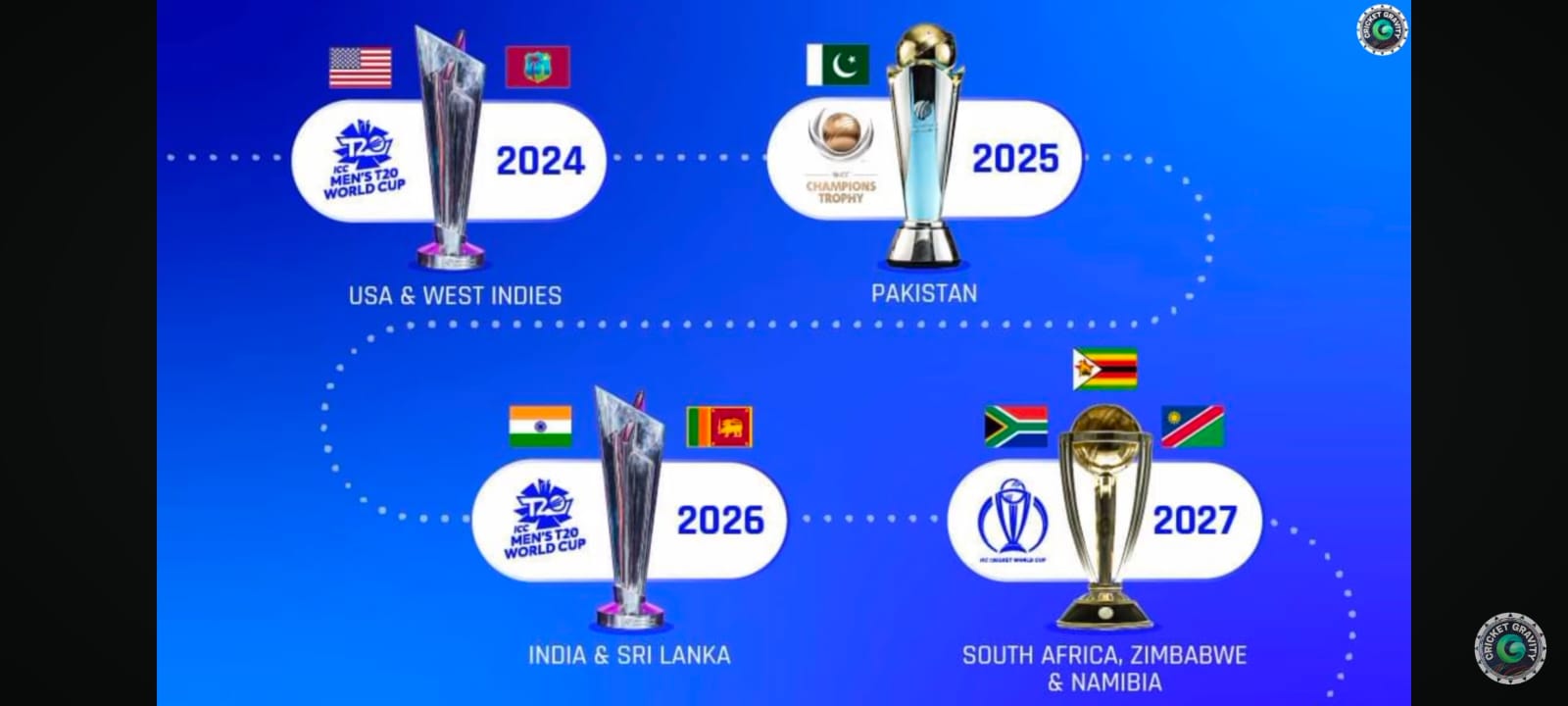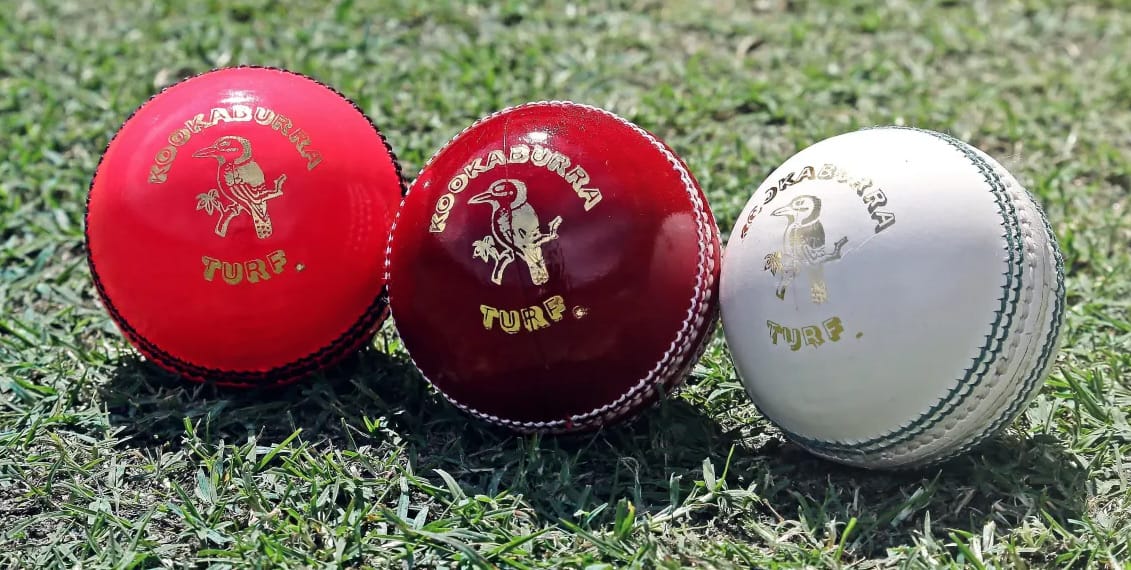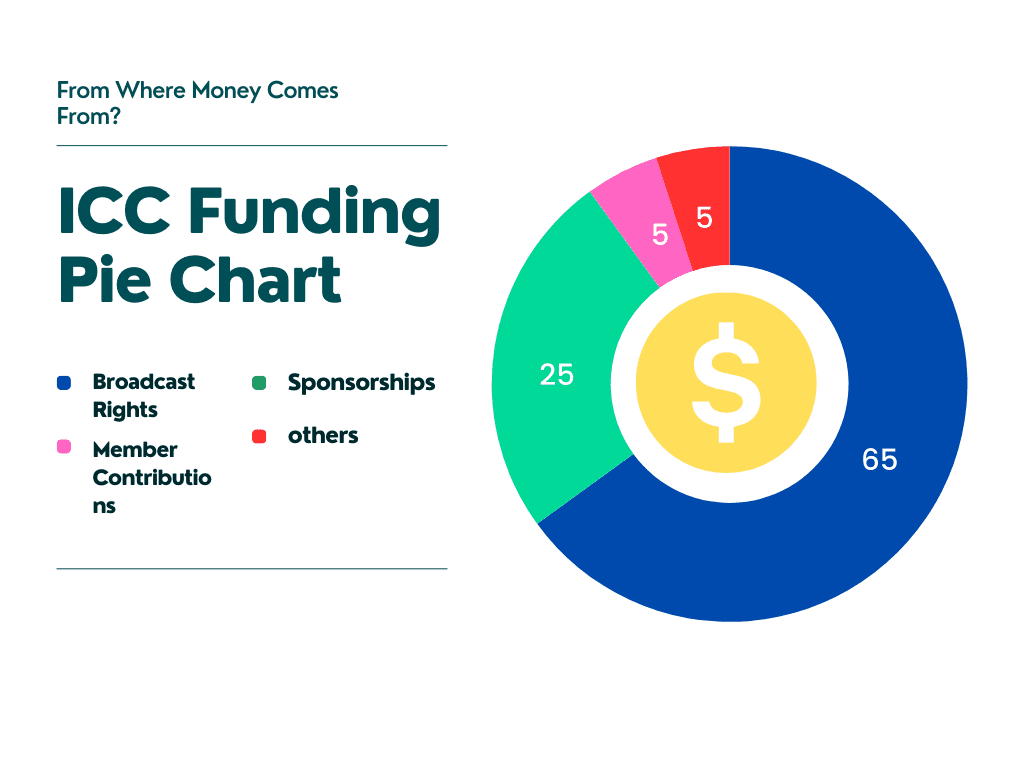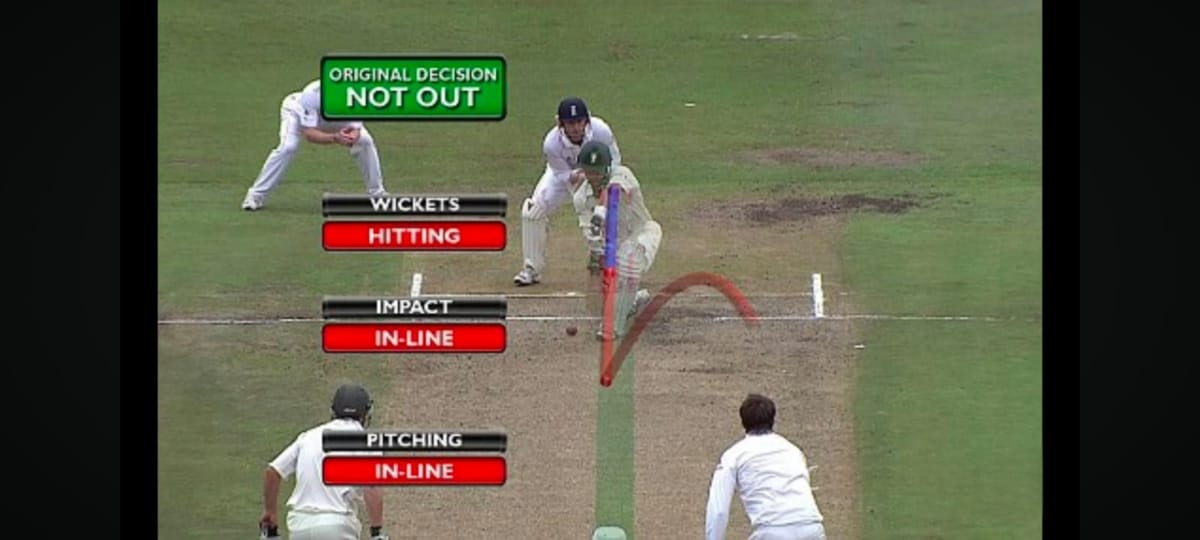Table of Contents
The booming chants of “Cricket! Cricket!” reverberate across continents, uniting nations under the spell of a single sport. But who guides this passionate game through its exhilarating centuries?
“The ICC is vital for the continued growth and development of cricket around the world, ensuring fair play and high standards across all formats of the game.” – Greg Barclay, current ICC Chairman
Enter the International Cricket Council (ICC), a silent yet monumental force that has been shaping the game for over a century. Today, we embark on a visual journey through the ICC’s fascinating history, evolution, and enduring impact on the cricketing world.
Setting the Stage: The Early Days of Cricket
Cricket’s international journey began much earlier than the ICC’s formation. The first official Test match, the pinnacle of cricket, was played between England and Australia in 1877. However, the need for a unified governing body to oversee regulations, tournaments, and disputes grew increasingly evident.
The Imperial Cricket Conference Takes Guard: 1909
Enter the year 1909. Representatives from England, Australia, and South Africa, the then-dominant cricketing nations, assembled in London to establish the Imperial Cricket Conference (ICC).
Though initially focused on resolving disputes and standardizing playing conditions, the ICC slowly evolved into the global cricket authority we know today.

Leading the charge in 1909 were the national team captains:
- Archie Maclaren of England, easily distinguished by his green jacket.
- Monty Noble of Australia, bowling determinedly at the far right.
- Tip Snooke of South Africa, in his old age.
humble gathering of the above gentleman’s marked the genesis of the ICC, laying the foundation for Imperial Cricket Conference (ICC).
Here’s a breakdown of the history of international cricket, organized into distinct eras:
1. Pre-WWI Era (1844–1914)
- Origins: The first recognized international cricket match was played in 1844. This era was dominated by England and Australia.
- Imperial Cricket Conference (ICC): Founded in 1909, the ICC initially included only England, Australia, and South Africa.
- Gentlemen vs. Players: Cricket was largely an amateur sport divided along class lines.
2. Interwar Period (1918–1939)
- Test Status Expansion: New Zealand (1930), the West Indies (1928), and India (1932) were granted Test-playing status.
- Bodyline Series: This era includes the infamous Bodyline series between England and Australia, where England used a controversial bowling strategy that caused tension between the nations.
3. Post-WWII Expansion Era (1945–1969)
- Decolonization and New Nations: Pakistan gained Test status in 1952, followed by more former colonies in the following decades.
- Rebranding: With expanding membership, the Imperial Cricket Conference was renamed the International Cricket Conference in 1965.
4. Globalization Era (1970-Present)
- Limited Overs Revolution: The introduction of One Day Internationals (ODIs) and later Twenty20 (T20) formats revolutionized the game, making it faster and more commercially appealing.
- World Cups: The first Cricket World Cup (ODI) was held in 1975, followed by the T20 World Cup in 2007.
- Rise of Asia: India, Pakistan, Sri Lanka, and Bangladesh became powerhouses.
- ICC Modernization: The ICC further expanded membership, and its focus moved beyond just the top Test-playing nations.
Timeline: Key ICC Milestones
- 1909: The Imperial Cricket Conference (ICC) was founded by England, Australia, and South Africa.
- 1975: Inaugural Cricket World Cup (one-day international format) held in England.
- 1989: The ICC officially adopts its current name, the International Cricket Council.
- 2007: The first ICC T20 World Cup takes place, revolutionizing cricket with fast-paced action.
- 2009: The Decision Review System (DRS) is formally introduced, using technology to aid umpires.
Did you know? Surprising ICC Facts
- Changing Names: The “Imperial” was dropped in 1965 to reflect a broader membership, and in 1989 it just became the “International Cricket Council.
- Unexpected Winner: Sri Lanka, considered an underdog, shocked the world by winning the 1996 Cricket World Cup.
- Record Breaker: Sachin Tendulkar (India) holds several ICC records, including the most centuries and most runs in ODI history.
- Beyond the “Big Three”: While India, England, and Australia held sway, recent ICC changes aim for a more financially balanced system for all nations.
Creating unforgettable moments:
But the ICC’s impact transcends mere rule-making. It orchestrates and oversees major tournaments like the Cricket World Cup, the Champions Trophy, and the prestigious World Test Championship, providing platforms where cricketing excellence explodes onto the global stage.
Its development programs nurture future generations of players, while its unwavering commitment to fair play and anti-corruption initiatives safeguards the integrity of the sport.

The ICC has never been shy about adapting to the evolving cricket landscape. The introduction of limited-over formats like ODI and T20 cricket brought in new generations of fans, injecting a dose of thrilling dynamism.

Technological advancements like the Decision Review System (DRS) and the Kookaburra ball were embraced, constantly refining the game for fairness and excitement.
International Cricket Council (ICC) – Structure, Governance, and Funding
The International Cricket Council (ICC) governs international cricket across all formats, encompassing Test matches, One-Day Internationals (ODIs), and Twenty20 Internationals (T20Is). Here’s a breakdown of its structure, governance, and funding:
Structure:
The ICC comprises three primary organs:

- Full Council: The primary decision-making body, consisting of representatives from all Full Members and Associate Members. It votes on key matters like governance, finances, and tournament structures.
- Board of Directors: oversees the ICC’s operations and implements Full Council decisions. Composed of elected representatives from Full Members and Associate Members, and independent directors.
- Management: headed by the Chief Executive Officer and responsible for the day-to-day running of the ICC.
Governance:
The ICC operates through a Board of Directors responsible for overseeing its operations and implementing strategic decisions. This board includes:
- A Chairperson (elected position)
- Representatives from each of the 12 full-member nations
- Three elected Associate Member representatives (ensuring a voice for smaller cricketing nations)
- An independent director (offering expertise in finance and business matters)
Decision-making often requires a two-thirds majority vote. While full members hold greater voting power, recent reforms have aimed to balance this influence and ensure fairer representation across the sport.
Funding Breakdown: Where Does the ICC’s Money Come From?

- Broadcast Rights (60%–70%): Television and streaming deals for major tournaments are the ICC’s biggest moneymakers.
- Sponsorships (20%–30%): Global brands are partnering with the ICC for visibility and association with the sport.
- Member Contributions (5%–10%): Annual fees from Full and Associate Member nations.
- Other (5%): Merchandise, ticket sales, etc
How does the ICC shape cricket?
The International Cricket Council plays a pivotal role in steering the direction and growth of cricket worldwide. Here are a few key ways it leaves its mark on the game:
The DRS Evolution (how it’s changed the game)
The Decision Review System (DRS) was met with skepticism when it was first introduced. However, through continuous technological refinements like ball-tracking, Snickometer, and Hot Spot, it has become an integral part of the game.

DRS aims to minimize glaring umpiring errors, promoting fairer outcomes. Yet, with teams only allowed a limited number of reviews, it also injects an extra layer of strategy and tension into a match.
Scheduling Controversies (the packed calendar debate)
With a constant stream of domestic leagues, international tours, and ICC tournaments, the cricketing calendar is packed. While this keeps fans engaged, it raises concerns about player burnout and fatigue.
The ICC faces the delicate task of balancing exciting, revenue-generating tours with ensuring sufficient rest for the sport’s top stars, attempting to strike a compromise that satisfies all stakeholders.
ICC & the Olympics (why it’s not there, efforts to include it)
Despite cricket’s global popularity, it hasn’t been an Olympic sport since 1900. Obstacles include the lengthy duration of traditional cricket formats and the logistical challenges of accommodating large teams within the Olympic Village.
Nonetheless, the ICC remains determined to showcase cricket on the world’s biggest sporting stage. It is pushing for the inclusion of shorter formats like T10 and actively lobbies the International Olympic Committee to pave the way for cricket’s Olympic return.
Challenges Facing the ICC
The International Cricket Council isn’t without its challenges. Here are some of the key issues it continuously works to address:
- Match-Fixing: The threat of illegal betting and attempts to corrupt players or umpires to influence matches remains a major concern. The ICC has a dedicated anti-corruption unit to investigate and combat this threat.
- Power Balance: Historically, the “Big Three” of India, England, and Australia held sway over the ICC. Continued efforts are being made to ensure a fairer distribution of power and financial resources among all member nations.
- Growing the Game: Expanding cricket’s global appeal is a key goal for the ICC. This includes initiatives to introduce cricket to new markets like the USA and China and potentially secure its place in the Olympics.
Recent Developments:
- The ICC recently revised its financial model and governance structure, reducing the influence of the “Big Three” (India, England, and Australia) and increasing funding for Associate Members.
- Discussions are ongoing regarding changes to the international cricket calendar and potential reforms to the membership structure.
Interactive Quiz: Test Your ICC Knowledge
- Question 1: When was the International Cricket Council (ICC) founded?
- A) 1909
- B) 1965
- C) 1989
- D) 2000
- Question 2: How many full-member countries are currently part of the ICC?
- A) 10
- B) 12
- C) 15
- D) 20
- Question 3: Which of the following tournaments is not overseen by the ICC?
- A) Cricket World Cup
- B) Champions Trophy
- C) Indian Premier League (IPL)
- D) World Test Championship
- Question 4: What does DRS stand for in cricket?
- A) Decision Review System
- B) Dynamic Run Strategy
- C) Defensive Run Shield
- D) Direct Run Score
- Question 5: Which country hosted the first-ever ICC Cricket World Cup in 1975?
- A) England
- B) Australia
- C) India
- D) West Indies
You can select your answers for each question, and after completing the quiz, you can see your score along with the correct answers and answers for any questions you might have answered incorrectly. The correct answers are given at the end.
FAQs:
Now, let’s address some lingering questions about the ICC:
What is the history of the International Cricket Council (ICC)?
As we explored, the ICC’s history is one of steady growth and global expansion, evolving from a humble conference to a powerful governing body shaping the future of cricket.
Who are the founding members of the International Cricket Council?
England, Australia, and South Africa laid the foundation in 1909, paving the way for a more inclusive organization.
What is the role of the International Cricket Council in cricket?
The ICC acts as the guardian of the global game, setting rules, overseeing major tournaments, fostering development, and safeguarding fair play.
How has the International Cricket Council evolved over the years?
The ICC has embraced innovation, incorporating new formats like ODIs and T20s, adopting technological advancements like DRS, and constantly adapting to the ever-changing cricketing landscape.
Your Turn to Play:
The ICC’s story is an invitation to be a part of the cricketing universe. So, here’s your chance to bat:
- Choose a specific ICC member nation and learn about its unique cricketing heritage.
- Plan to watch an upcoming ICC tournament and witness the pinnacle of international cricket.
- Explore the inspiring story of a cricket legend who has graced the ICC stage.
- Share your own memories and experiences related to the ICC and the game you love.
Let’s celebrate the International Cricket Council’s remarkable century and actively contribute to its captivating future. Together, we can keep the spirit of cricket alive, one passionate roar at a time!
Sources:
- International Cricket Council Website: https://www.icc-cricket.com/
- Cricinfo: https://www.espncricinfo.com/: https://www.espncricinfo.com/
- Forbes: https://www.forbes.com/sites/tristanlavalette/2022/09/21/a-push-for-full-membership-to-be-scrapped-amid-proposed-cricket-governance-overhaul/: https://www.forbes.com/sites/tristanlavalette/2022/09/21/a-push-for-full-membership-to-be-scrapped-amid-proposed-cricket-governance-overhaul/
- Cricket Australia: https://www.cricket.com.au/news/3243820/icc-votes-for-change-but-structure-stays: https://www.cricket.com.au/news/3243820/icc-votes-for-change-but-structure-stays
Disclaimer: This information is accurate as of February 4, 2024. Changes to the ICC’s structure, governance, and funding may occur in the future.
Correct answers to the quiz:
- A) 1909
- B) 12
- C) Indian Premier League (IPL)
- A) Decision Review System
- A) England
Thank you for participating! Feel free to retake the quiz to improve your score and test your ICC knowledge further.
Also read: Is IPL International Cricket?
James Paul is a former first-class cricketer and passionate cricket analyst. His decades of experience on the field and his love for the game shape his insights into the strategies and personalities that define world-class cricket.
